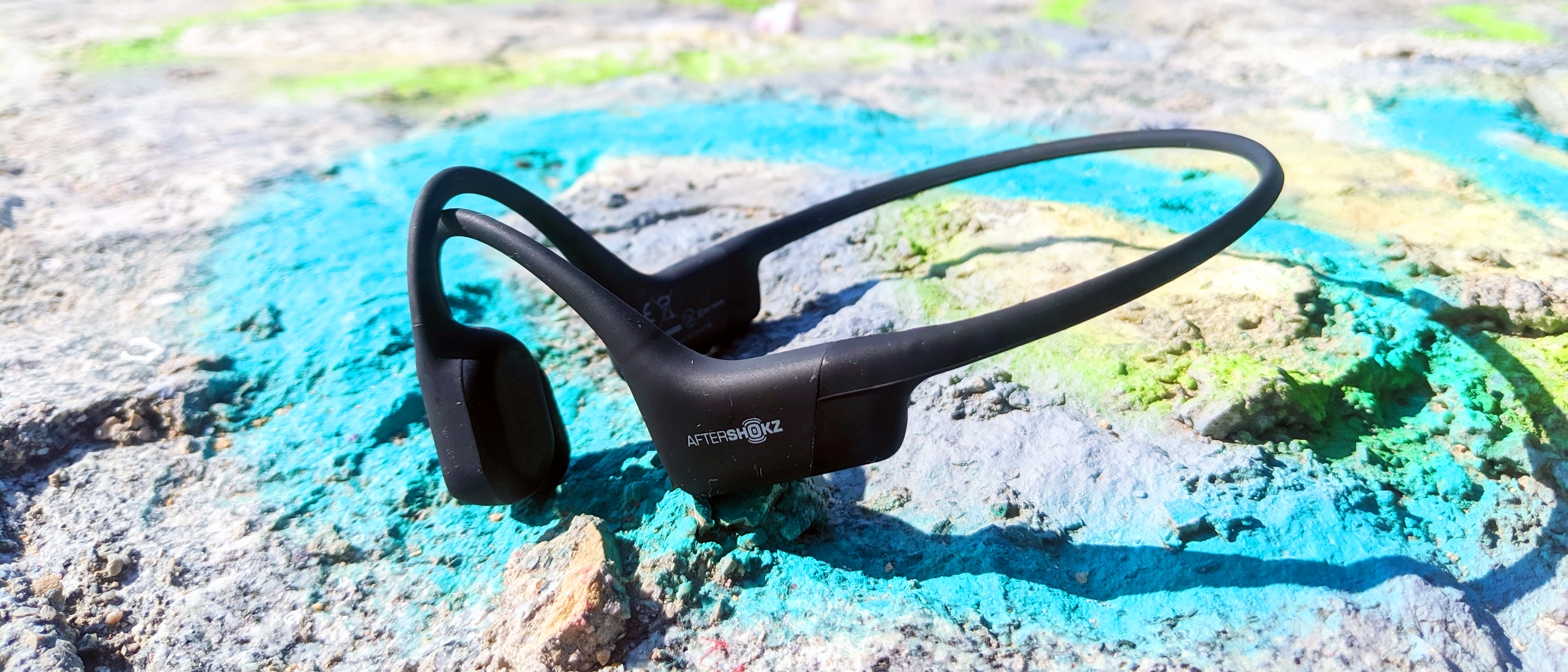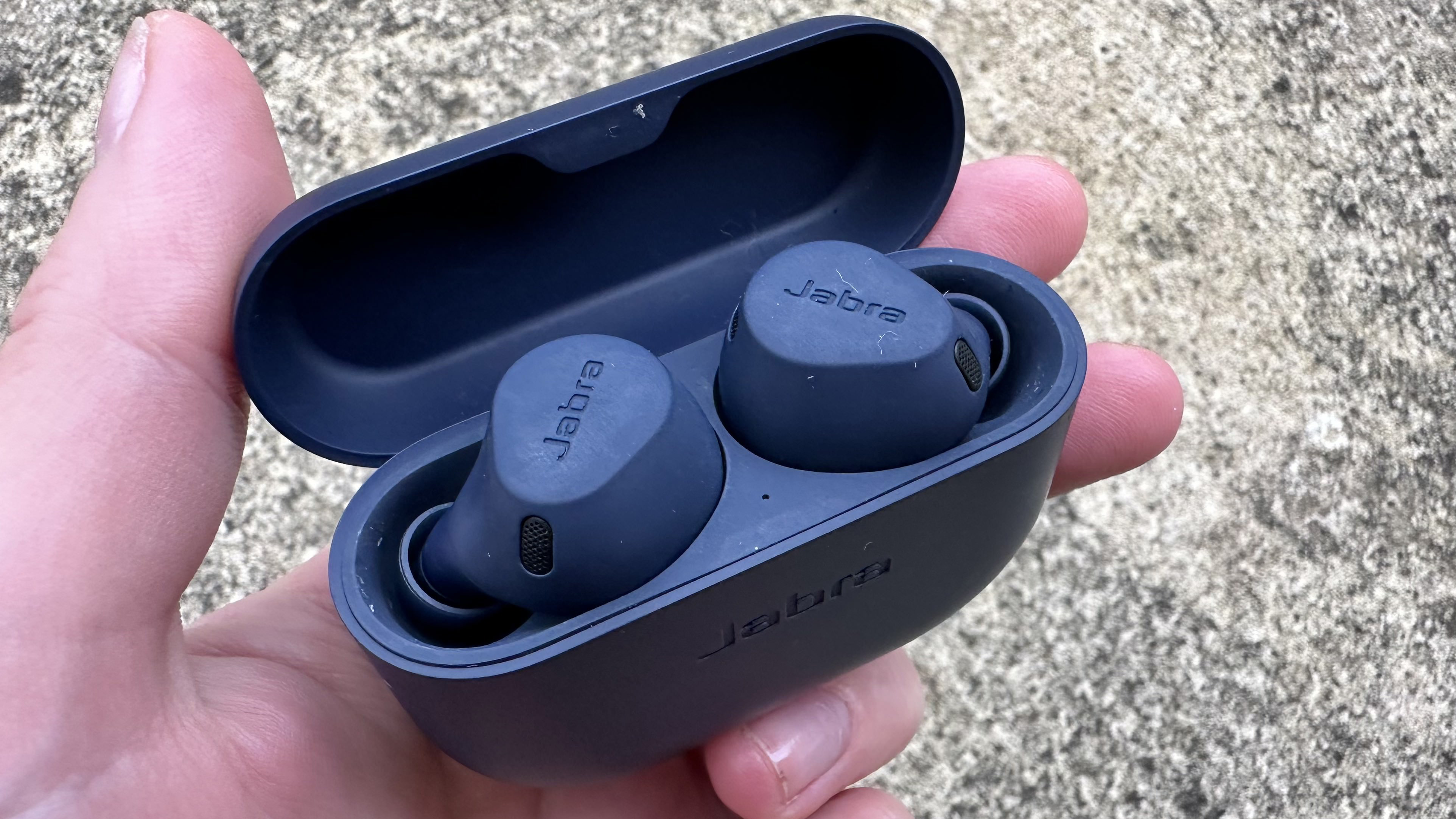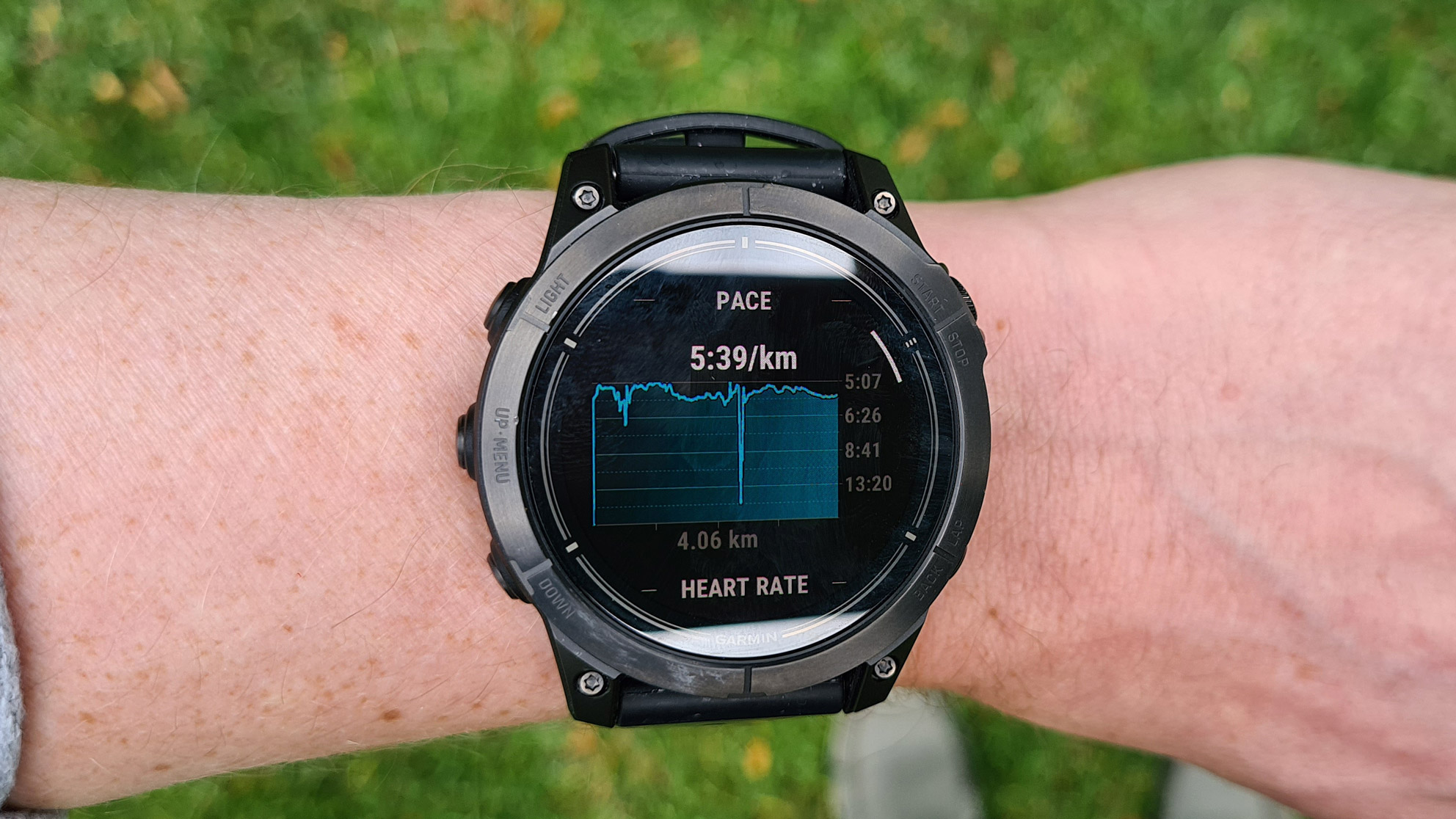I’ve been writing about fitness for almost ten years: Here are three gadgets I can’t live without
There are a lot of gadgets out there that you don’t really need

When 2025 rolls around, I’ll have been a professional fitness writer for ten years, and a professional technology writer for five. In my long career writing about fitness and fitness tech, I’ve tried almost every category of workout equipment and health-based technology you can imagine.
I really mean it.
I’ve tried all manner of gadgets in the name of a review, from smart glucose monitors that require needles in your arms to smart sleep masks that play soothing sounds. I’ve tried intelligent insoles that slip into your shoes to tell you about your running gait, and AI-powered cameras that help you work out with dumbbells.
Smart workout mirrors? Smart rings? Peloton classes? Electro-stimulation to improve muscle tone? Bone-conduction headphone technology? All boxes checked.
It’s a far cry from reviewing the best fitness trackers and best running shoes on the market. In that time, amongst all the gadgets I’ve tested, there’s only a handful of pieces of hardware that I really use in my personal life on a regular basis.
It almost says a lot about the state of the industry that each piece of wellness tech is marketed as a game-changer, a problem-solver, yet I keep coming back to the same old bits of kit. As someone with unfettered access to all the gear in TechRadar towers, that says a lot. So, without further ado, below I’ve listed the only pieces of tech I go back to time and time again.
Bone conduction headphones: Shokz OpenRun

Whether you’re running, cycling or doing any form of exercise outdoors, it pays to be aware of your surroundings.
Sign up for breaking news, reviews, opinion, top tech deals, and more.
I’ve used Shokz OpenRun for years as a way to listen to music or podcasts broadcasting from my phone during runs without sacrificing situational awareness. You could technically do the same thing with AirPods or other workout headphones using their HearThrough or Conversation modes, but the best bone conduction headphones are built to leave your ears free.
While the OpenRun Pro are more expensive, offering faster charging and longer life, I still use the original OpenRun and have experienced no problems with the battery even after all this time.
They’re comfortable to wear for long periods and during very long runs, I also call my wife or family to break up the monotony and they can hear me just fine.
This is the set of headphones that got me through two marathons over two consecutive years.
In-ear headphones: Jabra Elite 8 Active

In my marathon off-seasons, I like to hit the gym in order to regain the muscle mass I lose when running takes over my life.
This is where a lot of gear falls down for me to use: even the best smart rings, for example, are at risk of scratching and being damaged when I’m lifting weights, so I use a watch instead.
Likewise with bone conduction headphones: while outside I like to be able to hear my surroundings, in a commercial gym you need headphones to kill the gym’s music and the noise of other gym-goers to focus on your own workouts.
I used to use a cheap pair of Anker Soundcare P20s for this, but when those finally died, I switched to a pair of Jabra Elite 8 Active, the best workout headphones on the market right now, and haven’t looked back.
They’re comfortable, tough, completely waterproof (they survived a glass of water, at any rate), and have Active Noise Canceling I can switch on and off if I need to ask a staff member a question, or another lifter if I can work in. Easy to set up, simple to use, tough as nails, and long-lasting.
Smartwatch: Garmin Epix Pro

I really want to recommend the Apple Watch Ultra 2 here as it’s functionally fab, but short battery lives on smartwatches continue to be a frustration for me.
The Garmin Epix Pro lasts for ages, and it has the running tool I use most: route creation. For hikers, runners, and cyclists yet to plan routes using Garmin Connect and follow the directions on your watch, it’s a game changer. It’s the single smartwatch feature that’s made the most difference in my training.
I also like big, chunky watches and dislike charging watches often, so the Fenix range (including the Epix Pro) fits the bill nicely. Although I know some people find smartwatches uncomfortable to wear in bed, I don’t mind at all.
Plus, even though I don’t tend to use my smartwatch to formally track sets and reps in the gym, it doesn’t get in the way of my weight-based workouts in the same way that a smart ring does, so it’s passively tracking activity and calorie burn in the background and factoring it into my recovery metrics.
You might also like...

Matt is TechRadar's expert on all things fitness, wellness and wearable tech.
A former staffer at Men's Health, he holds a Master's Degree in journalism from Cardiff and has written for brands like Runner's World, Women's Health, Men's Fitness, LiveScience and Fit&Well on everything fitness tech, exercise, nutrition and mental wellbeing.
Matt's a keen runner, ex-kickboxer, not averse to the odd yoga flow, and insists everyone should stretch every morning. When he’s not training or writing about health and fitness, he can be found reading doorstop-thick fantasy books with lots of fictional maps in them.